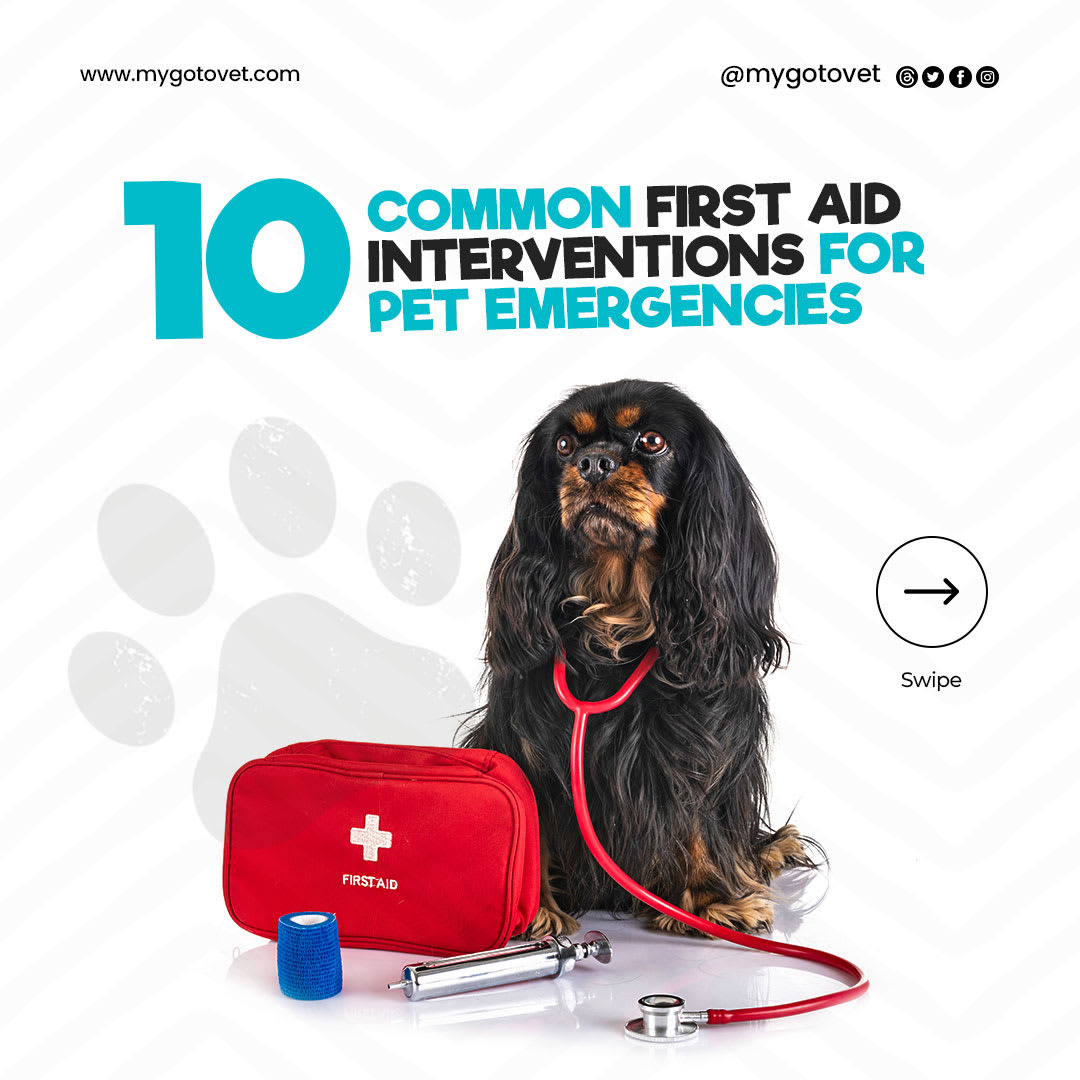Pets
HIDDEN CAUSES OF ALLERGIES AND HOW TO HELP
Just like humans, our pets can suffer from allergic reactions that disrupt their comfort and well-being. From itchy rashes to more severe symptoms like anaphylaxis, allergies in pets can be challenging to manage.
As pet owners, we all want our furry companions to be happy, healthy, and full of energy. This blog will explore the causes of pet allergies and offer practical steps to help your pet find relief.
UNDERSTANDING PET ALLERGIES
Allergies are caused by a wide variety of factors which might not be harmful but trigger immune responses in a pet. This means that a food which causes an allergic reaction in one puppy will be properly tolerated by another. Shampoos, food/treats, dust particles, perfume/air fresheners, insect bites, grasses/pollens or underlying infections can trigger allergic reactions.
HOW TO KNOW IT IS AN ALLERGIC REACTION
Allergic reactions differ in symptoms as they result from various causes. Here are the causes of allergic reactions and how to recognize them:
Food Allergies: Some pets are allergic to common ingredients in their food, such as beef, dairy, chicken, or grains. Food allergies unlike other allergies come a few hours after the animal has ingested these food and unless the reaction is anaphylactic they typically clear out in a few hours
Symptoms:
Red gums, eyes and skin,
vomiting/diarrhoea,
short-lived respiratory distress
and rashes/hives.
Prevention/ treatment: there are no suitable over-the-counter foods for pets with food allergies to confirm what they are allergic to and only a few pets can be maintained on hypoallergenic diets. For pets with food allergies switching diets can help and working with a vet on medications to reduce symptoms is advised.
Environmental allergies: These are seasonal allergies which typically come up in times of extreme dryness or cold caused by grasses, pollens, dust and mould. Also, fluctuations in hormone levels during pregnancy, puberty, or menstrual cycles can sometimes exacerbate allergies or make pets more susceptible to allergic reactions.
Symptoms:
flu-like symptoms such as watery eyes, cough/sneezing and fever,
red mucous membranes.
Prevention/treatment: While we cannot control the seasons, we can keep our pets safe by netting their kennel, regular bathing/grooming, and using hypoallergenic beddings.
Fleas, Mites and Tick allergies: bug bites are the major cause of severe dermatitis-related allergic reactions in pets. The presence of these insects in the coat of animals makes them uncomfortable and their parasitic actions not only prolong allergic reactions but promote infections and disease
Symptoms:
Rashes, hotspots, hives,
pet keeps itching, biting and licking skin and feet.
Loss of hair and flaky skin.
Swollen ears and/or frequent head-shaking
Prevention/treatment: once or twice a week bathing and grooming your pet with hypoallergenic shampoos. Administer monthly acaricides such as simparica, nextguard, revolution, etc. Keep pets from strays and consult your vet if all these still fail.
Contact allergies: some pets are allergic to their owner’s perfumes and aromatic diffusers, grooming shampoos, cleaning products, or fabrics, leading to skin irritation upon contact.
Symptoms:
Watery eyes or frequent sneezing,
red/inflamed skin
and in severe cases anaphylaxis.
Prevention/Treatment: keep pets away from irritants and groom routinely with veterinary-recommended hypoallergenic products.
DOES IT EVER STOP
Dealing with pet allergies can be frustrating, especially when symptoms persist despite your best efforts. This is not a failure of treatment or a lack of appropriate medication but the nature of allergies. Just like in humans, some pet allergies are something you and your vet cannot cure because the causes/trigger of the reaction will always be present. It is therefore important to remember that managing allergies is often about control rather than cure. The goal is to reduce your pet’s discomfort and prevent severe reactions. With consistent care and collaboration with your vet, you can significantly improve your pet's quality of life, even if allergies are a lifelong challenge.
Read WHEN LOVE MEANS LETTING GO: MAKING THE TOUGH DECISION TO EUTHANIZE A BELOVED PET
NEED SOME HELP?
Verified animal experts and veterinarians are available for personalized consultations to answer all your questions about your pet’s behaviour, health, nutrition, and even coping with loss.
Animal Health & Blogs

11 December 2024
0 likes
11 December 2024
0 likes